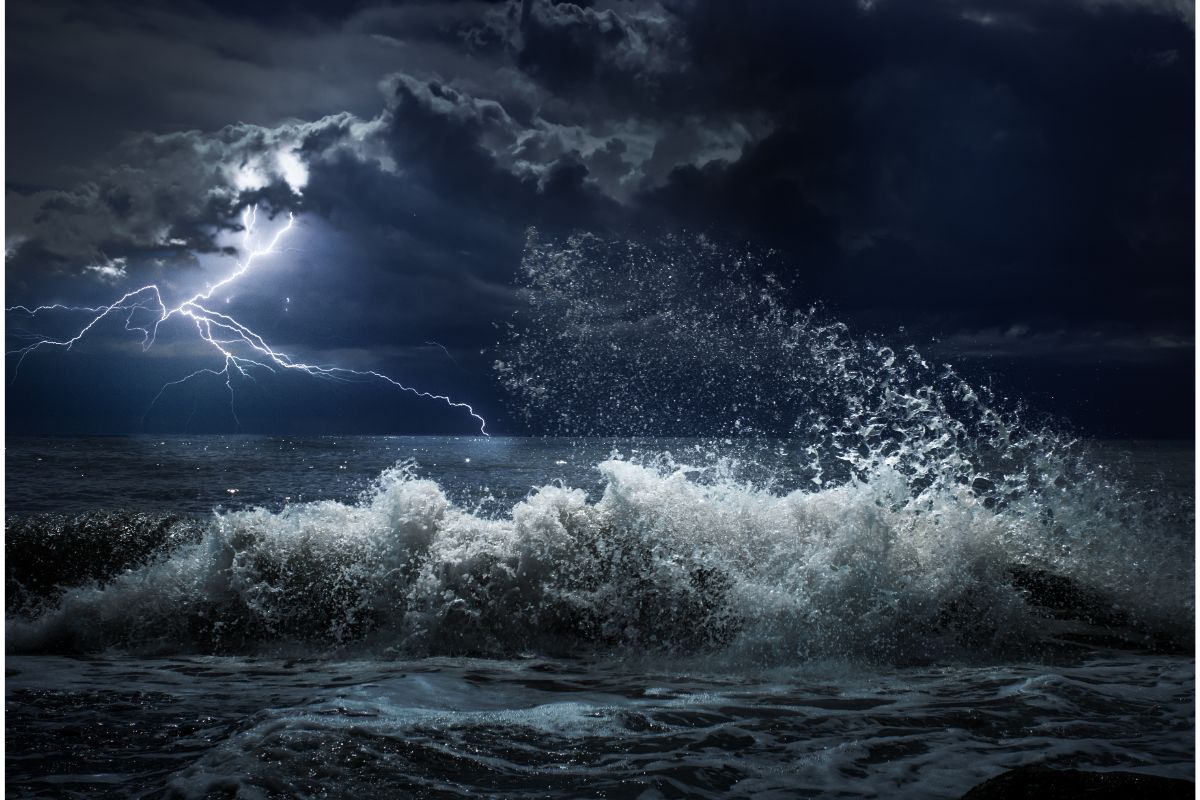Spirituality
What are the stages of the dark night of the soul?
The term “Dark Night of the Soul” is a phrase used in spirituality and mysticism, meant to describe a phase in one’s personal spiritual journey that involves a deep sense of loneliness and desolation. This concept is derived from a 16th-century poem of the same name by the Spanish mystic St. John of the Cross. The Dark Night refers to moments of spiritual dryness where one feels a disconnect from the Higher Power they believe in, be it God, the Universe, or any other form of divine.
There are several stages associated with the Dark Night of the Soul. Each of them tests an individual’s faith and connection to the divine source, leading to profound transformations.
The First Stage: Awakening
The first stage of this spiritual journey is the awakening. Awakening is the realization that there exists a reality beyond what one perceives through the five senses. This is often triggered by challenging life situations where one begins to question their existence, the purpose of life, and their connection to the divine. It could also emerge after an intense spiritual experience that makes the individual realize that there is more to our existence than what meets the eye.
The Second Stage: Purgation
The second stage of the Dark Night of the Soul is purgation or purification. This stage is about realizing one’s imperfections, weaknesses, and misconceptions about oneself and the world. It is the stage of spiritual cleansing where the individual begins to detach from material ambitions and pursuits, as they no longer offer the fulfilment they once did. The person begins to feel a void and experiences an immense sense of loss, which leads to the feeling of emptiness, and experience an overwhelming sense of uncertainty and fear. This stage often prompts individuals to seek spiritual guidance or to engage in spiritual practices like meditation, prayer, or contemplation.
The Third Stage: Illumination
The third stage is illumination. In this stage, individuals begin to see through the illusions of their ego-centered life and acquire spiritual wisdom and insight. They develop a new understanding of themselves and the world around them. This stage is usually characterized by an increase in episodes of synchronicity, visions, significant dreams and deep moments of introspection. Despite these moments of enlightenment, they still feel a sense of spiritual dryness or discontent.
The Fourth Stage: The Dark Night
The Dark Night is the fourth stage, where the seeker feels abandoned by the divine presence. This stage is characterized by intense feelings of despair, isolation, and a sense of meaningless in life.
During the Dark Night, individuals must rely on their faith and hold on to the hope of divine presence, even if they don’t feel it.
The Final Stage: Union
The final stage of the journey, union, is also the most peaceful part of the Dark Night of the Soul. This stage symbolizes the unity of the self with the divine. This union with the divine engenders a sense of peace, serenity, and a profound understanding of one’s place in the universe. The individual emerges stronger, more serene, and fundamentally transformed.
Each stage of the Dark Night of the soul brings about different challenges, trials, and tribulations. But these stages are also catalysts for profound spiritual growth and transformation. The journey through the Dark Night of the soul is a necessary part of one’s spiritual journey towards self-realization and a deepened relationship with the divine.



During the Fourth stage – the Dark Night – is it legitimate for the spiritual aspirant to ask for help (advice, insights etc) from his spiritual guide or does he have to rely ENTIRELY on the teacher’s initiative. In other words, is asking for help a sign of distrust and an attempt to short-circuit his Journey ?